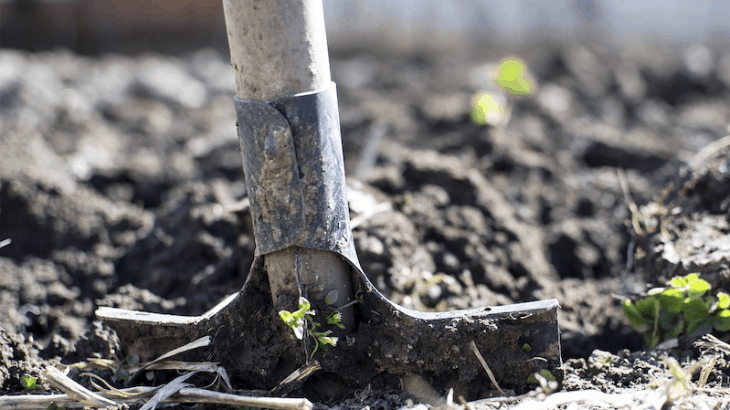
The evolution of agriculture
The agriculture of the first humans has evolved greatly until today. She has seen many transformations forced by changing conditions of population, environment, economy, etc.
To liven up a discussion during a family dinner or between friends, talking about organic matter is given the same status as politics and religion. Of course, it all depends on the guests. I have experienced this phenomenon myself on several occasions. Sometimes even with a little pleasure! But beyond the energetic debates, I always have the firm conviction to inform my interlocutors about the harmful effects of conventional agricultural methods.
If you are one of those who, like me, campaign for organic food, I would like to offer you arguments in favor of your words. If, on the contrary, you are one of those who do not understand the interest of organic, while having the greatest respect for your opinion, I would like to share with you the fruit of my studies on the subject.
We didn't invent anything
Organic food is as old as the Earth (excuse the expression!). The only difference is that at the very beginning of humanity, eating organic was simply… eating. There was no choice like today. 300,000 years ago, Neanderthals gathered their plants and hunted their meat in the wild. A little later, Homo Sapiens did the same thing. And it was like this for thousands of years.
The industrial Revolution
One day, Man decided that he had had enough of hunting and wandering around collecting his plants. Agriculture and breeding then begin. This marked the beginning of a new way of eating. But bigger changes would take place during the Industrial Revolution, much closer to our era. At this time, food processing begins, the use of machinery to make agriculture, livestock and cultivation on a larger scale easier and more profitable… Until then, everything remains organic.
Of course, with time and experience farmers learn to use nature's resources to protect their crops. Sulfur was used 1000 years BC as an insecticide. In the Middle Ages several plants were used to repel rodents. Around 1690, insects were hunted with tobacco plants. Some old methods are still used and encouraged in organic farming. Why change a winning solution?
The arrival of synthetic pesticides
Families are growing, business is booming, financial opportunities are becoming more and more attractive... These are reasons to want to somehow ensure your harvests. The marked beginning of the use of synthetic pesticides was seen around 1930. It was then that farmers benefited from the research and development of chemical weapons during the First World War. If it's good for them, it's good for us! But just like weapons of war, these new 'farm weapons' will have devastating consequences on several levels.
Numerous serious studies highlight the harm caused by the use of synthetic pesticides. We are talking about repercussions on the health of farmers, on the health of the population surrounding conventional agricultural land, on the environment and on us, the consumers.
Following its study in 2017, the United Nations Human Rights Council reached alarming conclusions. Also, it clearly indicates that the use of synthetic pesticides is not necessary. Apparently, that's easier said than done. Farmers are rather reluctant to risk their crops, and therefore their income.
A family story
Pesticides (synthetic or natural) are a large family of products. Generally speaking, they are used to protect crops against various invaders and thus limit losses.
- Herbicides: pesticide used to control invasive weeds.
- Insecticides: pesticide used to repel insects that live in or feed on plants.
- Fungicides: Pesticide used to combat the spread of fungi which are the source of many diseases in plants.
There are others. The ones mentioned in the list are the most popular. Depending on their needs, farmers can also use pesticides to chase away birds, rodents or even fish.
More mouths to feed, more food to produce
Produce is the perfect word for conventional agriculture. We are no longer content to let plants grow naturally. We produce them, we need them, we depend on them. With the world's growing population and, let's face it, modern consumer habits, harvests must be plentiful. This is where fertilization comes into play.
The purpose of using fertilizer is to provide the nutrients that the plant requires for its growth. Without these nutrients, the plant may not only be less fruitful, but it may also have a poorer nutritional profile. As long as you eat salad every day, it might as well be nutritious! Fertilization is a common, effective and recognized practice for millennia.
Modern fertilization
Where the problem lies is when the fertilizer is produced in the laboratory. It then becomes a synthetic fertilizer and it no longer has much resemblance to that previously used. Unfortunately, this modern fertilization is massively spread and affects soil and water. This contamination is also responsible for a less fertile environment for plant crops. The irony is that we use synthetic fertilizers to have more abundant agricultural production!
But if these synthetic fertilizers affect soil and water to this extent, what about the nutritional values of our salad? To be continued…
